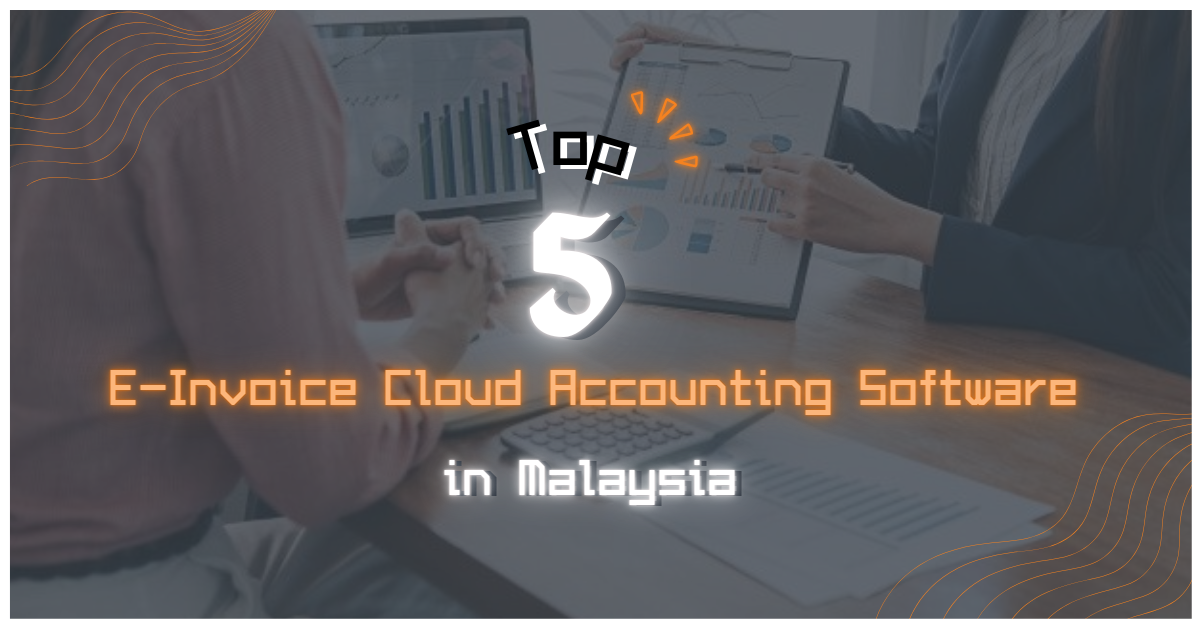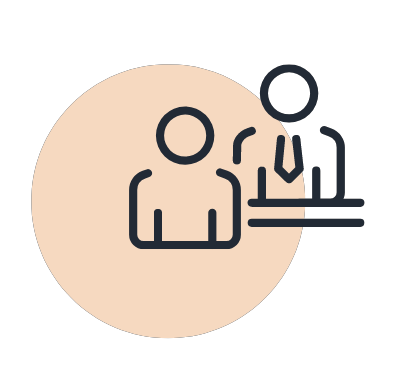E-invoicing is the digital equivalent of the traditional invoice. It speeds up transactions between buyers and suppliers. E-invoicing will be mandatory in the near future by the Inland Revenue Board of Malaysia (IRBM). This is the right time for businesses to opt for this new method. E-invoicing improves tax compliance, and management of cash flows, reduces paperwork, and reduces errors.
Cloud accounting solutions such as Xero that simplify e-invoicing. It also seamlessly integrates with numerous applications. As a small business or large company, integrating cloud accounting software in Malaysia to manage e-invoicing can automate your financial processes.
Choose the most suitable cloud-based accounting software today and expand your business now!
What is business e-invoice Malaysia?
An e-invoice refers to an electronic version of a transaction between a supplier and a buyer. It is a replacement for paper invoices. It is regulated by the Inland Revenue Board of Malaysia (IRBM). Standard e-invoices possess important information. They carry buyer and supplier contact information, item description, price, tax, and payment terms.
E-invoices make businesses more efficient. They eliminate errors and enhance security. Real-time authentication is possible by using the system. It also generates a Unique Identification Number (UIN) and QR code on every invoice.
The IRBM plan of e-invoice implementation starts on 1 August 2024. This phase targets businesses with turnovers above RM 100 million. The LHDN e-invoice requirement will be rolled out to all businesses by 1 January 2026 in phases. This will improve tax reporting and support the digital economy in Malaysia.
How to send e-invoices in Malaysia?
In Malaysia, businesses can use two main mediums to issue e-invoices, which are the MyInvois portal and API integration. These two facilities are provided by the IRBM for multiple business functionalities.
Three Main Methods:
1. MyInvois Portal
This is ideal for small businesses or those with limited resources. One can manually enter data and submit invoices individually or in bulk through a spreadsheet. This portal is intended for all taxpayers, especially those who do not have a business ERP system.
2. API Integration
This method is more suitable for big businesses that have to produce e-invoices in large quantities. It involves setting up systems or using third-party software for integration with the MyInvois system.
For API integration, businesses are required to provide details of their software vendor, i.e., TIN, BRN, and name, in order to get registered as an intermediary on the MyInvois portal.
If you don’t know how to integrate API, Caltrix Asia can help you with this to settle your e-invoice efficiently. A free 30-minute clarification call is open to all, book it now!
e-Invoice Submission Process
- – E-invoice Issuance: Suppliers create and send e-invoices to the IRBM using the MyInvois portal or their integrated business systems.
- – E-invoice Validation: The IRBM validates the e-invoice in real time and assigns a Unique Identifier Number (UIN).
- – Notification: Both the supplier and buyer receive notifications about the validated e-invoice through the MyInvois portal or API.
- – Sharing: Suppliers share the validated e-invoice, which includes a QR code, with the buyer.
- – Rejection/Cancellation: Buyers can request an e-invoice rejection, and suppliers can cancel an e-invoice within 72 hours. They must provide a justification for these actions.
- – Human Readable Format: Suppliers may also share a human-readable version of the e-invoice, such as a PDF or JPG.
This straightforward process simplifies e-invoice submission. It helps businesses comply with Malaysian regulations while enhancing their financial management.
3. E-Invoice Cloud Accounting Software
This method is most suitable for small or midsize enterprises (SMEs) that have existing cloud accounting software or basic accounting desktop software. You need to ensure your current cloud accounting software is in e-invoice compliance with LHDN regulations and guidelines in Malaysia.
To save you time to know more, here are the top 5 E-Invoice Cloud Accounting Software available in Malaysia.
Top 5 E-Invoice Cloud Accounting Software in Malaysia










